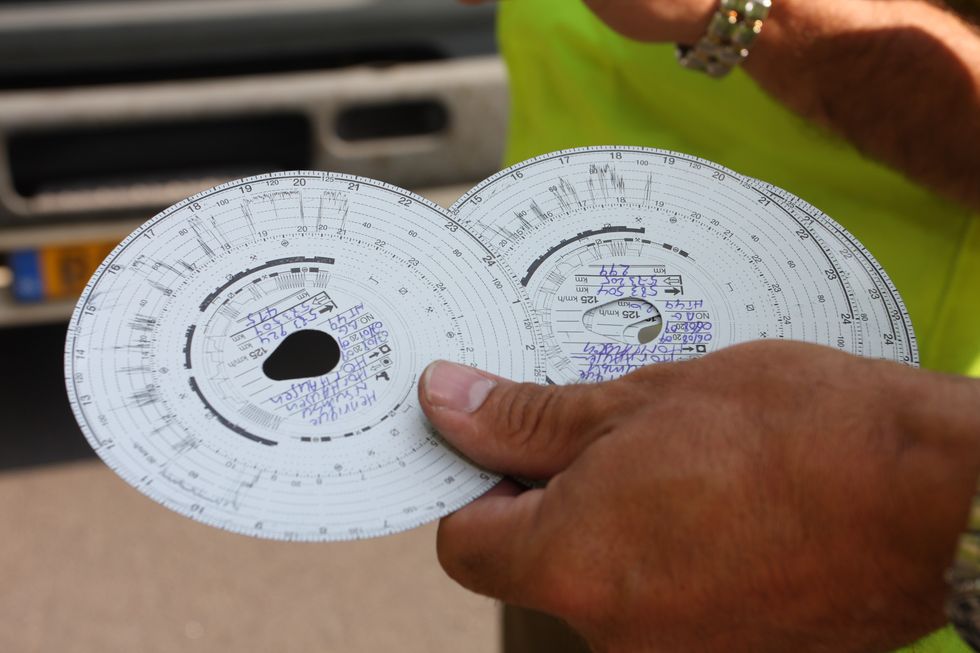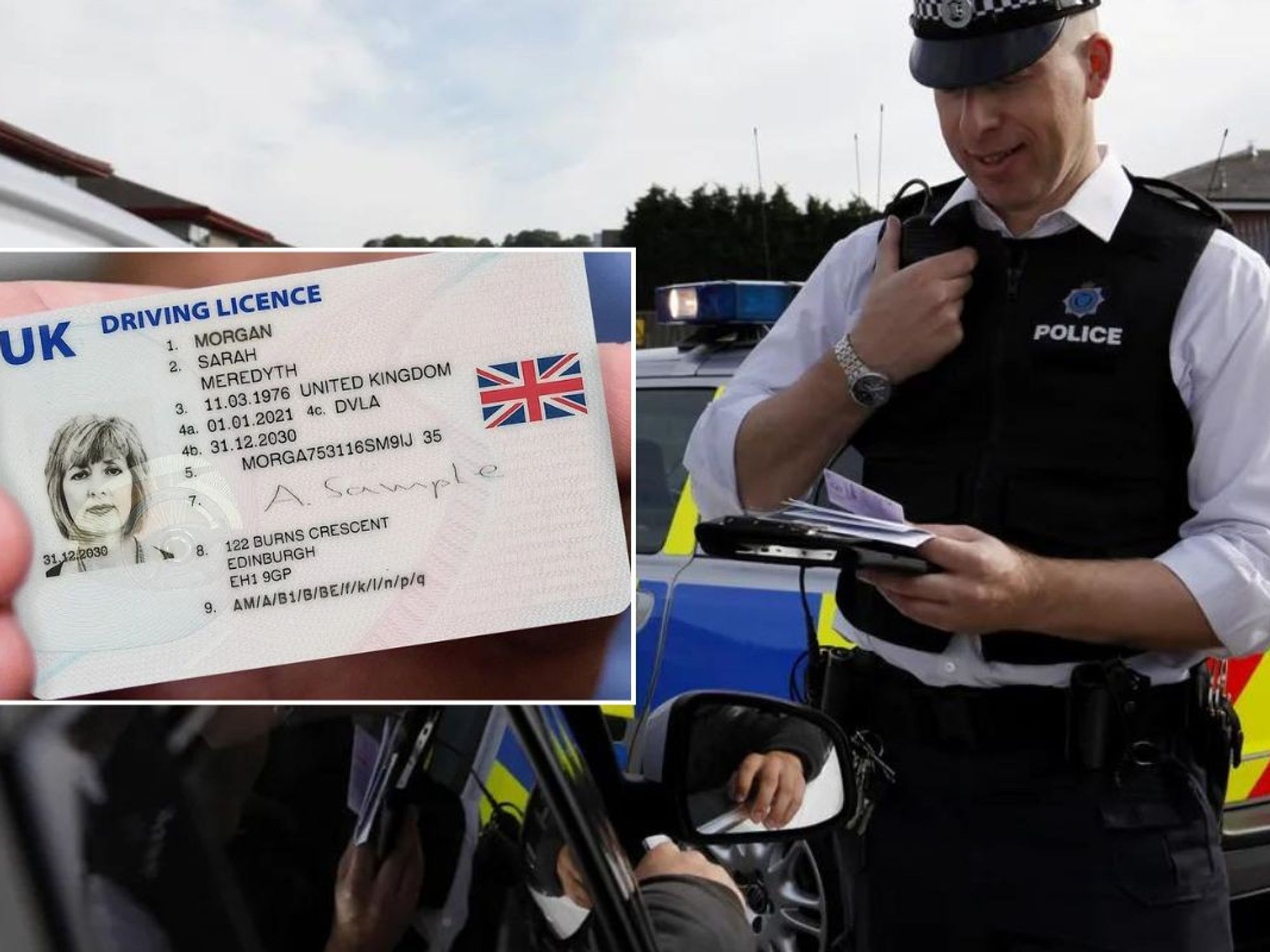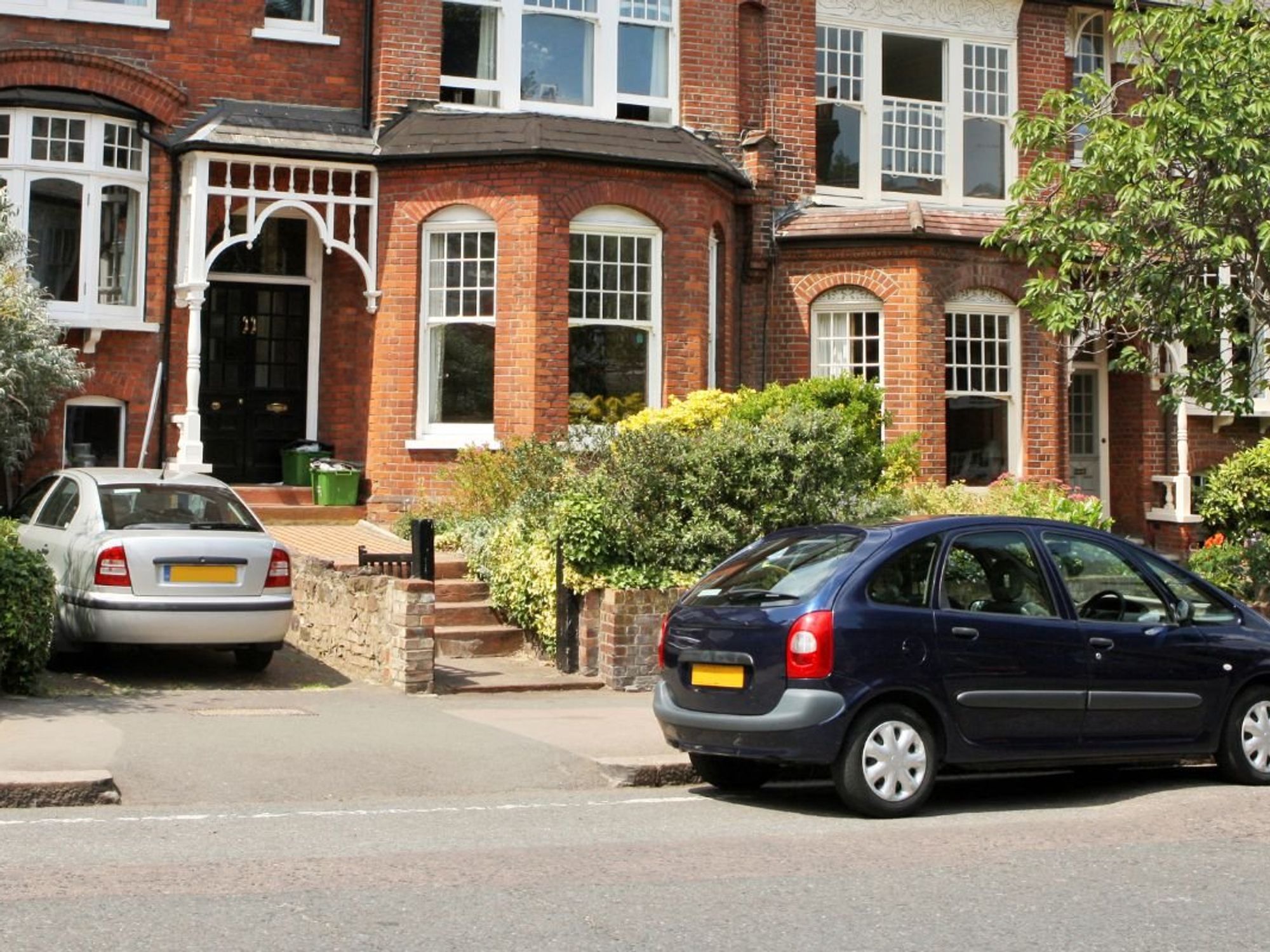Motorists risk enormous fines if they drive too much as DVSA Enforcement issues warning to Britons

One driver was found to be using two digital driver tachograph cards on 23 occasions
Don't Miss
Most Read
Latest
Motorists are being warned not to exceed their time spent on the road or they could face enormous fines and even see their vehicles taken off them.
The DVSA Enforcement account frequently posts about catching drivers breaking road rules and the outcome of their cases to warn others not to do the same.
Most recently, an HGV driver has pleaded guilty to circumventing rules around the amount of time drivers spend on the road. In this case, the man was found to be using two digital driver tachograph cards on 23 occasions.
Haulage drivers are expected to follow strict limits on the amount they travel to ensure they remain safe behind the wheel and do not present a danger to other road users.
Do you have a story you'd like to share? Get in touch by emailing motoring@gbnews.uk

Drivers are required to record their hours on a tachograph
| GETTYUnder GB domestic rules, people must not drive for more than 10 hours in a day on a public road or off-road if not during duty time.
The Government considers off-road driving as duty time if it's for agriculture, quarrying, forestry, building work or civil engineering.
Drivers who fall foul of the rules can be prosecuted or fined. Serious or dangerous offences can be slapped with a prohibition notice, fines or they could even see their vehicle immobilised.
This is generally only the case if it is a danger to road safety, with motorists expected to foot the bill to fix the problem and pay a release charge.
The man in question was sentenced at Cardiff Crown Court and given a suspended 12-month prison sentence, made to do 250 hours of unpaid work, 15 rehabilitation days and £2,365 in costs.
The operator also pleaded guilty to "permitting a driver to create false records". This saw them hit with a £2,500 fine per offence, in addition to prosecution costs.
The DVSA Enforcement social media account issued a warning to drivers with the hashtags "#TiredDriversKill" and "#StayLegal".
There are some exceptions to these rules, including if they are dealing with an emergency, using the vehicle for private driving, driving off-road or on private roads during duty time and if the vehicle is used by the armed forces, police or fire brigade.
Even though the UK has left the European Union, British motorists still need to follow EU rules on driving hours and tachographs.
EU rules apply if the maximum weight of the vehicle or vehicle combination is more than 3.5 tonnes and they're driving either in the UK, to, from or through an EU country.
People must not drive more than nine hours in a day (although this can be extended to 10 hours twice a week), 56 hours in a week and 90 hours in any two consecutive weeks. All of this must be recorded on a tachograph.
Drivers must take at least 11 hours of rest every day, have an unbroken rest period of 45 hours every week and have a break totalling at least 45 minutes after no more than four hours and 30 minutes of driving.
LATEST DEVELOPMENTS:

Drivers of larger vehicles are instructed to take regular breaks
| PAMotorists must take their weekly rest after six consecutive 24-hour periods of working, starting from the end of the last weekly rest period taken.
The EU guidance also contains a number of exemptions, some of which include if the vehicle is on a regular route of less than 50km (31 miles), the vehicles cannot exceed 40km/h (24.8mph) and if the vehicles are used in the non-commercial transport of humanitarian aid or used in rescue operations.










